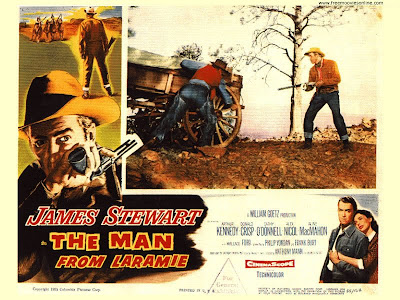 "THE BRIDGE ON THE RIVER KWAI" (David Lean, 1957)
"THE BRIDGE ON THE RIVER KWAI" (David Lean, 1957)Columbia Pictures, 161 mins.
David Lean's quietly observed war epic is perhaps the definitive film about the hypocrisy of pride and military code. In it, an honorable and resolute British officer named Colonel Nicholson (Alec Guinness) naively commands his soldiers, under captivity, to help build a bridge for the Japanese in Burma that is crucial to the war effort.
Superiority and idleness are what drives his quest to build the bridge, but soon he begins to justify the project to himself, proclaiming that the morale of the men his high and their spirits strong until the bridge ultimately becomes his flamboyant embodiment of British pride and supremacy.
Meanwhile, a cynical, sun-crusted Navy commander (William Holden) witnesses the rigid stubbornness of the British colonel first-hand before making his escape, only to be told to return with the help of a demolitions expert named Major Warden (Jack Hawkins) assigned with the task of blowing up the bridge. Little do they know that Colonel Nicholson and his men, prisoners, are quite content with their confinement, the bridge and their pride now one.
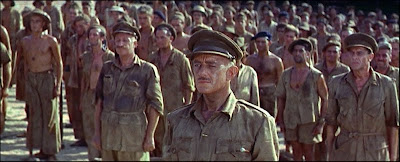 In the first shot of the brilliant opening sequence, we see a hawk circling overhead until the scene moves to the jungle floor. As the camera pans right, the sounds of the jungle slowly amplify as the sight of four graves - simply marked with bare crosses - pull into view.
In the first shot of the brilliant opening sequence, we see a hawk circling overhead until the scene moves to the jungle floor. As the camera pans right, the sounds of the jungle slowly amplify as the sight of four graves - simply marked with bare crosses - pull into view.Later, in our introductory scene with Mr. Shears (Holden), the Commander is seen digging graves with a fellow prisoner and, in a shoddy attempt at a eulogy, openly questions what they died for. Shears is a man with little belief in anything except survival, whereas Colonel Nicholson, who stares down the barrel of a gun with unshakable stoicism, believes in nothing but service, honor and glory.
It is a rare thing for a war film to operate on as many levels as The Bridge on the River Kwai does, and to do so with such a steady, well-versed rhythm. Beautifully shot by Jack Hildyard on the present-day island of Sri Lanka, the film is a visual precursor (the widescreen vistas barely containing the egos of his subjects) to the epics that director David Lean would later be known for, including Lawrence of Arabia ('62) and Doctor Zhivago ('65).
In the film's climax, the gimpy Major Warden and Commander Shears arrive on time to detonate the bridge just upon completion. It's an act of nature - the receding of the river - that allows Colonel Nicholson the opportunity to quench his suspicions and root out their destructive plans before they would have liked.
 When a lunging Shears dies at his feet, the Colonel employs one of his most famous lines from the film, a simple, "what have I done?" The deaths of men who have been his allies detaches the stiff, glimmering pride long enough for those four words, which incidentally are his last, as he buckles from a mortar shell and collapses on top of the plunger.
When a lunging Shears dies at his feet, the Colonel employs one of his most famous lines from the film, a simple, "what have I done?" The deaths of men who have been his allies detaches the stiff, glimmering pride long enough for those four words, which incidentally are his last, as he buckles from a mortar shell and collapses on top of the plunger.Never before have the differing philosophies and the conflicting national conducts of war been so evident on screen, playing out in a climactic squabble which results in the deaths of three major characters, all of whom we have grown to appreciate and admire over the film's steady 161-minute running time.
In the end, it's hard to fault anybody and thus The Bridge on the River Kwai more closely resembles a war tragedy than an action film. The hawk, once again circling overhead, punctuates the "madness" below - the force and presence of nature never far from view. [A]

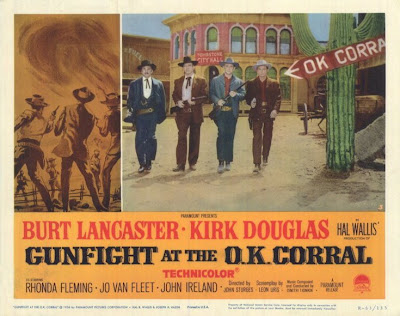



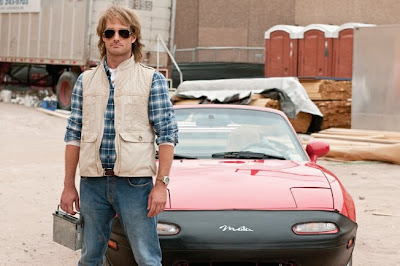





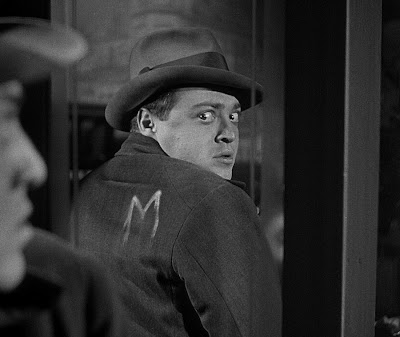
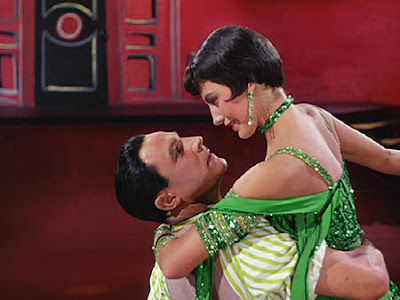
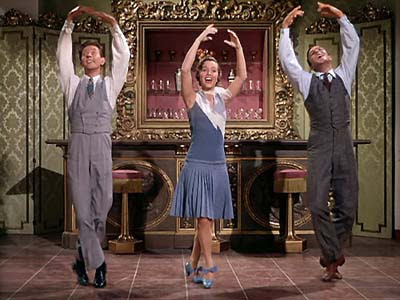



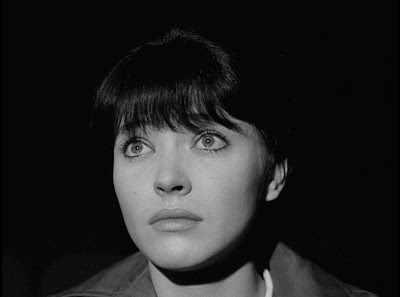

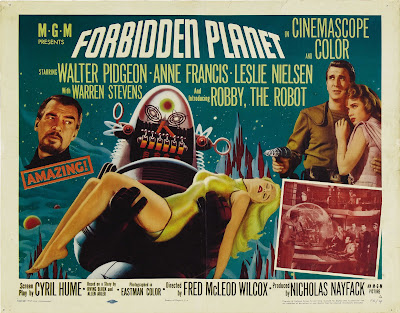




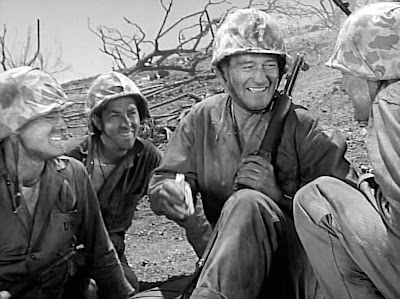


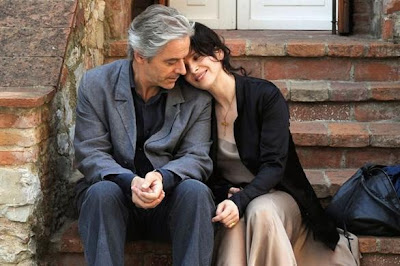



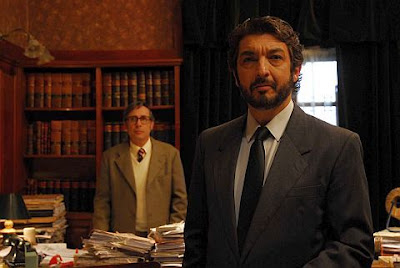 It's certainly disconcerting that, when pitted against Michael Haneke's The White Ribbon and Jacques Audiard's A Prophet, this well-acted piffle from Argentina emerged as the 2009 Oscar winner for Best Foreign Language Film.
It's certainly disconcerting that, when pitted against Michael Haneke's The White Ribbon and Jacques Audiard's A Prophet, this well-acted piffle from Argentina emerged as the 2009 Oscar winner for Best Foreign Language Film.




